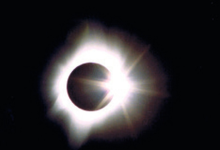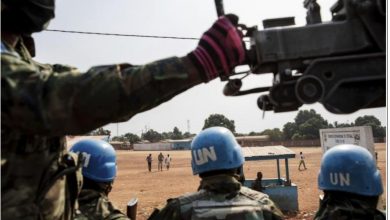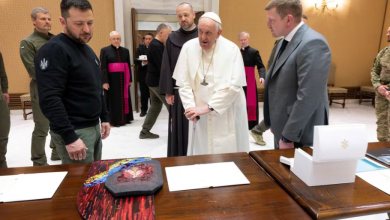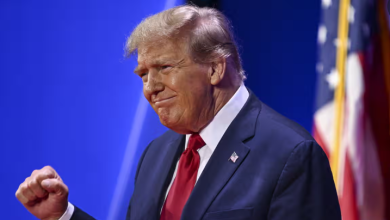‘Huge Networks’ Of Russian Disinformation Targeting Africa Found
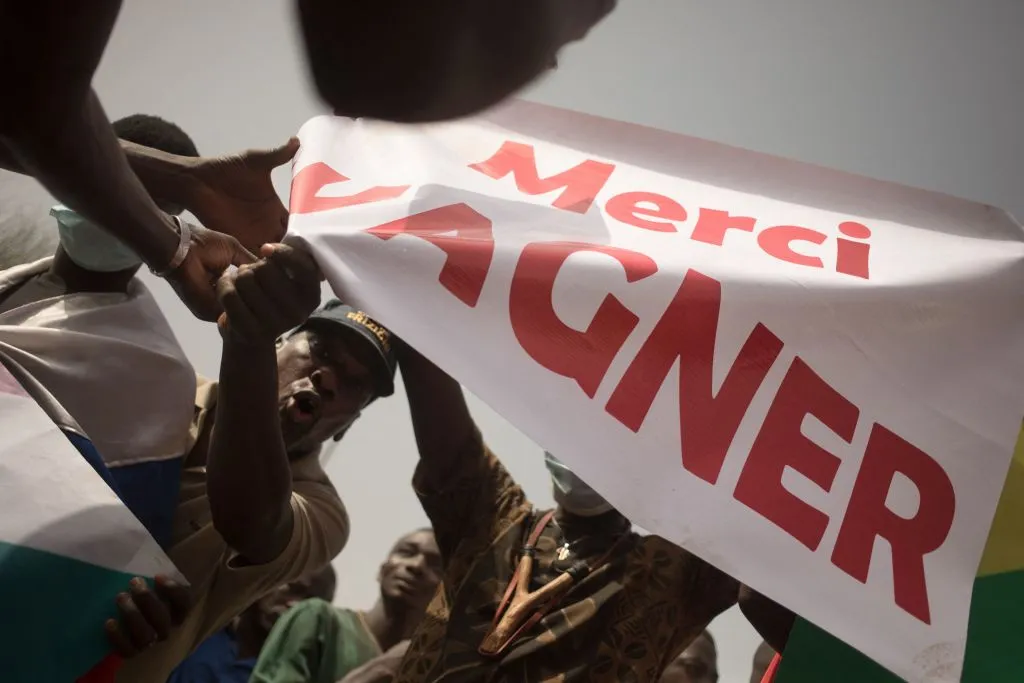
A new joint investigation has found a prolific Russian disinformation campaign sowing division and spreading propaganda across the continent. A Belgian man with links to dictators and the infamous Russian mercenary Wagner Group is spreading anti-France propaganda and disinformation using bots, trolls and other social media tools.
“We discovered this huge network of social media groups across platforms which is promoting Kremlin messages all day, every day,” BBC researcher Grigor Atanesian said.
Luc Michel, the man behind a murky web of social media sites called Russosphère, is a 65-year-old Belgian extremist who calls himself a Stalinist.
Operating in Africa for several years, Michel has been linked to “Merci Wagner,” a group that supports the Russian fighters on the continent.
As part of its investigation with Logically, a tech company that analyzes and fights misinformation, the BBC’s disinformation team interviewed Michel for an article published on February 1.
“I manage the cyber war, the media war … and [Wagner Group founder Yevgeny] Prigozhin conducts military activities,” he said.
Michel told the BBC that his propaganda network was funded with “private money.” He denied being connected to the Wagner Group or Prigozhin, the Russian oligarch who is a close advisor to the Kremlin.
But Logically and The Daily Beast website have reported extensively on Michel’s ties to Wagner.
“He’s part of a loose network of individuals who have ties to the Kremlin,” Logically researcher Kyle Walter told France 24 television. Michel “operates specifically focusing on Africa, trying to spread this message of pro-Russian narratives.”
Logically said Michel has engaged in disinformation and influence operations in Burundi, Chad, the Central African Republic, Equatorial Guinea and Libya.
“The majority of Michel’s operations in Africa promote pan-Africanism and anti-colonialist sentiment as a rallying point to support Michel’s central thesis: that African countries would benefit from distancing themselves from their European colonizers and developing closer ties with Russia,” stated the Logically report, also published on February 1.
Acting as an advisor, Michel also reportedly has had close relationships with African authoritarian leaders, including former Libyan dictator Moammar Gadhafi.
See Also: Russia, Ukraine Exchange Prisoners of War
The Daily Beast reported that Michel runs “dozens” of African media outlets such as La Voix de la Guinée Equatoriale, PanAfricom-TV, WebTV-Tchad and Centrafrica News.
The French-language Russosphère, Michel’s latest endeavour that launched in February 2022, has built an audience on the continent of more than 80,000 followers on social media platforms including Facebook, Telegram, Twitter, WhatsApp and YouTube.
“What we’re seeing with this specific network is they’re using a unified branding across platforms,” Walter said. “They’re not just targeting specific African nations any more, it’s more broadly about Francophone Africa on the whole.”
Spreading disinformation and propaganda across social media is one part of a package of services offered by Prigozhin’s Wagner Group, which typically partners with leaders of unstable nations who are trying to remain in power.
Wagner operatives advised former Sudanese strongman Omar al-Bashir on operating a social media campaign to discredit civilian protesters. Today, Russian mercenaries help Sudan’s infamous Rapid Support Forces paramilitary run its social media propaganda accounts.
A previous BBC report uncovered a “systematic, coordinated operation” by Russian nationals to influence and manipulate Madagascar’s presidential elections in 2018. Nearly every candidate was funded or offered payments by Russian operatives, who also paid demonstrators to attend rallies and wave flags.
Other Kremlin-backed activities in Africa similarly have included paid social media influencers propping up fake grassroots campaigns and events at which demonstrators were given money, flags and instructions.
Experts such as Ulf Laessing, Sahel program director at the German Konrad Adenauer Foundation, said that although it is difficult to determine the specific impact of disinformation campaigns in Africa, the pro-Russian message is being heard.
“Russian misinformation was a factor helping to drive the French forces out of Sahel countries, especially Burkina Faso,” he told the BBC.

